|
In Hamblen township there lays a little village called Sprunica about half way between Bean Blossom and Spearsville. In its heyday it was a thriving town with a bustling trade. The village was supposedly named by Chris Duhammel in 1876 when he said “Sprunica would be a fine name” and it was used ever since. Originally it was called Spooning and finally the name Sprunica stuck. In the village there stood a two story building that was once a Red Men’s Lodge which had been converted to a storage building for feed. Every Saturday night folks from all over Hamblen Township drove thru axle deep mud or thick clouds of dust depending on the weather to get to the Red Men’s Lodge. Downstairs in the building there was also a thriving general store owned by J. R. Brickey. Unfortunately the building burned to the ground in 1945. An annual event, the Sprunica Fair, lasted about four days. It became a very popular event and people came from as far away as Indianapolis. The fairgrounds were located on the Sam Walker place. There was a half mile horse race and many people bet on them. On Saturday nights there were cock fights with considerable betting going on there as well. In a Democrat article Delphia Clark, age 94, in 1993 reported that “In the winter we put a wagon bed on a sleigh and heated up some irons or bricks to tuck under quilts to keep warm on the way to church. The local church was the gathering place for all the local folk; everyone went to church back then. Ice cream socials, dances, and political meetings drew everyone around to the church. The Sprunica Church formerly called the Walker Creek Church was established by early pioneers, the Walker family, on land owned by Franklin Walker. The first families to attend the church were Franklin Walker, Samuel Walker, Abraham Chappell, Jacob Walker, Henry Burton, Solomon Wiatt, James Parmerlee, Moses Thorp, Conrad Kirtz, Samuel Smith, John Smith, Sorther Calvin, Stephen DeBoard, Wiley Guy, William Hamblen, and others. The church was first a Christian church and then became a Baptist church. The last Baptist preacher was Ralph Schrougham who preached 1945 to 1955. The area just north of the church was a gathering place of the local people for picnics and community events. The Red Men’s Lodge was east of the church and the fairgrounds were north of it. On the west side was the Sprunica School. The church has since been restored by the local community, and is a landmark for the area. Nothing remains of the old school and the lodge. Other families that moved into the area were the Porters, Foxes, Derringers, Vaughts, Waymans, Fords, Waltzes, Burtons, Campbells, Meads, Poultons, and Youngs, of which many are buried at the Sprunica Church Cemetery. Sprunica still has the old church, next to a new church, and an elementary school but the bustling community is no more. Also located at Sprunica was a regional Normal School where young men and women could further their education to become teachers.
Sign sponcered by Black Oak Cabinetry
0 Comments
Contacting the Indiana Department of Natural Resources is the first step. We needed to discuss our interest in obtaining a marker for Frank Hohenberger and seeing if they are in agreement. PVH was convinced that Hohenberger was a viable historic person deserving of a marker. Once that was determined PVH could proceed.
PVH contacted James Glass PhD of Historic Preservation & Heritage Consulting LLC to discuss his interest in filling out the application; an agreement, contract and half deposit was made in the beginning of 2018. Applications are tedious and require significant research, every point must be proved; professional historians are not necessary but PVH felt Frank Hohenberger deserved to have a proven professional fill our this application. The final application cost was $5,203.18. Once the process was started we were drawn into meetings to discuss the correct wording by members and others which took months of correction and rewrites, reviews, meetings and input from Casey Pfeiffer. Finally we were ready to submit the application to the DNR's Indiana Historical Bureau. At that point they had their own review before it was approved and once the approval was given the application went on to be made which was in June, 2019. The cost for the marker itself was $2,950 which was paid by a grant received from the Brown County Community Foundation. The marker was delivered and then a date had to be agreed upon within all of the parties involved. August 29, 2019 decidedly worked for PVH and DNR. PVH contacted people involved with getting the marker the point of installation. Members got commitments from speakers and decided Buzz King, who had personal experience with Frank Hohenberger agreed to talk about the man his family considered a friend. Members started on advertising the event, preparing posters and printing programs. The building and area needed cleaned which took many hours over five days. So the time came, area set up, cookies baked by members and lemonade was ready; people came along with the editor of the Democrat and a journalist with a camera from WTIU. The final cost of the marker was close to $8,500. A gift to the community that will last a life time.
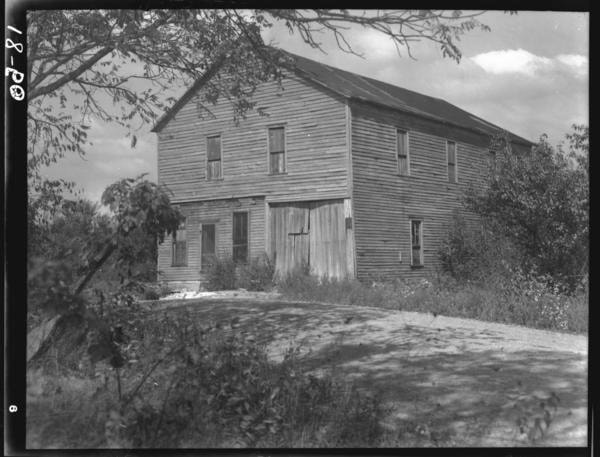 O'Brown County By Frank M. Hohenberger Indianapolis Star, November 4, 1945 Deserted cabins and barns hold a fascination for me. The weather has frayed the edges and oodles of color has been added--especially where the rust from metal roofs and mold on clapboards can be seen. Over in Hamblen Township I came across a nice specimen owned by Riley Lawson. It is a one story affair with various leantos--one of those homes where, when the owner accumulated a few dollars, he built an addition. At the west end of the house is an immense elm tree and its branches provide shelter over quite an acreage. This must have been a happy playground for happy children in days gone by. Crossing the creek afterwards I saw several cars parked on the concrete slab where men folks were passing the time in conversation. One of these men was Amos Burton who has lived in Brown County 50 years. His farm joins the Salt Creek line and he told me he put in the last six years taking rock from the bottom of the stream to build a fence. More than 150 loads of rock have been "lifted" from this immediate site and hauled in two country places north of Indianapolis. Driving up the hill I was soon in the village of Sprunica. Here on the right is the Red Men's hall, now converted into a storage place for feed. Once it was a thriving general store. Mrs. Jesse Coyle lived in one side of the place and she said she moved there because fire had destroyed her home not far away. She wants to tear it down, and I don't blame her, but that's how we eradicate the old landmarks around which history was made and the gossip pot kept boiling. Inside the place was a sign, "J. R. Brickey Store." The next stopping store was in Goshen neighborhood was the site of the Bill Lee tanyard. Part of a wall which held back the water from the institution is all that is to be seen of the landmark. I met John Fox, 84, who said he recalls folks hauling bark in the place, known at one time as the Parmalee farm. John had just came in from the tobacco field where he had put in five days cutting Burley tobacco. One of his boys won't work in tobacco on account of his dislike for the weed--not because he doesn't like to work. for that Fox family is always up and at it when there is something that needs looking after.
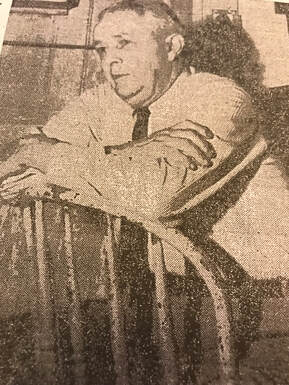 Frank M. Hohenberger, photographer, began his 82nd year far too busy even to consider retirement. Hohenberger, spent 40 years in Nashville turning out from his one-man studio photographs and writings that depict the picturesque countryside and those who live there. "I've devoted most of my life to this work," Hohenberger said, "and I wouldn't be happy doing anything else. So how could I consider retirement?" In June, 1923, he wrote his first column for The Indianapolis Star titled, "Down in the Hills O'Brown County." Jos war,. good-natured writings about the folksy ways of Brown County citizens were a regular feature of The Star for more than 30 years,. In 1952 he wrote a book under the same name with an authoritative history of the area. Hohenberger worked in the composing room of The Star for several years before the passion for making good photographs got the best of him and he departed for Brown County and national fame. Born near Defiance, Ohio, he became an orphan when 5 years old and was reared by his grandparents. After an apprenticeship in the printing trade, Hohenberger came to Indianapolis where he obtained a job on the old Sentinel. While dreaming of a career as a photographer, he spent the next several years working for newspapers at Dayton, Ohio and Louisville, KY. He returned to Indianapolis after the turn of the century and went to work for The Star. It wasn't long, however, before he cleaned his hands of printer's ink for the last time and announced he was leaving for Brown County to start in business. "My associates told me I'd be back soon, but they were wrong," he said. He was never to return to a print shop although he was still a member of International Typographical Union 1. Hohenberger believes his picture of "The Liars' Bench" is the most famous of any he has taken, and that includes thousands. The photograph was made in the courthouse yard at Nashville in 1923. The bench was said to be the meeting place for the best storytellers in the country. Notes on a Conversation with a really "Old Settler"
By Steve Arnold Don Ford in Hamblen Township, Brown County, Indiana FOLKLORE OR LEGEND????
Pinehearst, on Three Notch Road in Brown County, Indiana,at one time was a stage coach stop. It had rooms, and supplied meals to the passengers that were traveling the Three Notch Trail, which extended from what is now the South Bend, Indiana area to the Ohio River near Tell City. One of the tales of this stage coach stop is that a man was murdered in one of the rooms upstairs, and when he tried to get out of the upstairs windows, his hands were bloody from his wounds, and there is still his bloody hand prints on the window sill and the north side of the building. The original building still stands and has been restored to a more modern condition. It was said that this murder was done by a local person, that found his wife with one of the travelers. Others say that it was a murder of a bandit that tried to get away after stealing the wallet (poke) of a traveler. Some said it must have been the White Hats, as the keeper of the Inn had beaten his wife, and the murdered man was the Inn Keeper. This was disclaimed by the old timers, as the White Hats had never been known to kill anyone. It said that when the family and visitors are here at this location, a ghost sits at the top of the stairs and watches those below. Another tale pertaining to this murder was that the first person to be embalmed in Brown County was the murdered man. The embalmer brought his chemicals to this location. In order for the chemicals to work, they were heated over a fire. The custom of the time was to sit up with the body, until it was buried. The men became intoxicated, and overturned the chemicals, which burned along with the body. This scared the local men, and they departed. They say that the ghost is the murdered man looking for his body.  Amanda Mathis is a local artist using ideas that come from the rural Brown County area where she lives, but she also pulls ideas from her memory and imagination and adds a touch of humor and whimsy. Amanda's work style has been labeled "primitive." She has painted in this style since she was very young. "I am pleased that I have kept the 'childlike' qualities that are so greatly sought after in the art world," she says. Amanda feels an Indiana scene can speak to someone from Maine to the south and beyond. Amanda says, "My paintings reflect a rich Indiana heritage that has so encompassed my life experiences. Amanda paints on canvas and paper, using mainly acrylic and some inks ranging in size from very tiny miniatures to murals. Her paintings do not use facial features on the humans and animals so that viewers are able to impose their own ideas as to the feelings and emotions of her subjects. Amanda travels the U.S., exhibiting her paintings in art fairs and galleries. Her works hang in private collections in the U.S., Canada, France, Germany, England and Spain.Amanda loves to share her talents with young people. Over the years, she has developed and taught numerous workshops and classes for children and teens, and has done volunteer workshops with the local teen center. More information about Amanda and her work can be found at www.AmandaMathisArt.com or at www.BrownCountyStudioTour.com . Did you know: People come from all over the world to visit Bean Blossom, Indiana and the Bill Monroe Bluegrass Festival held every year in June.
|
Archives
June 2023
Categories |
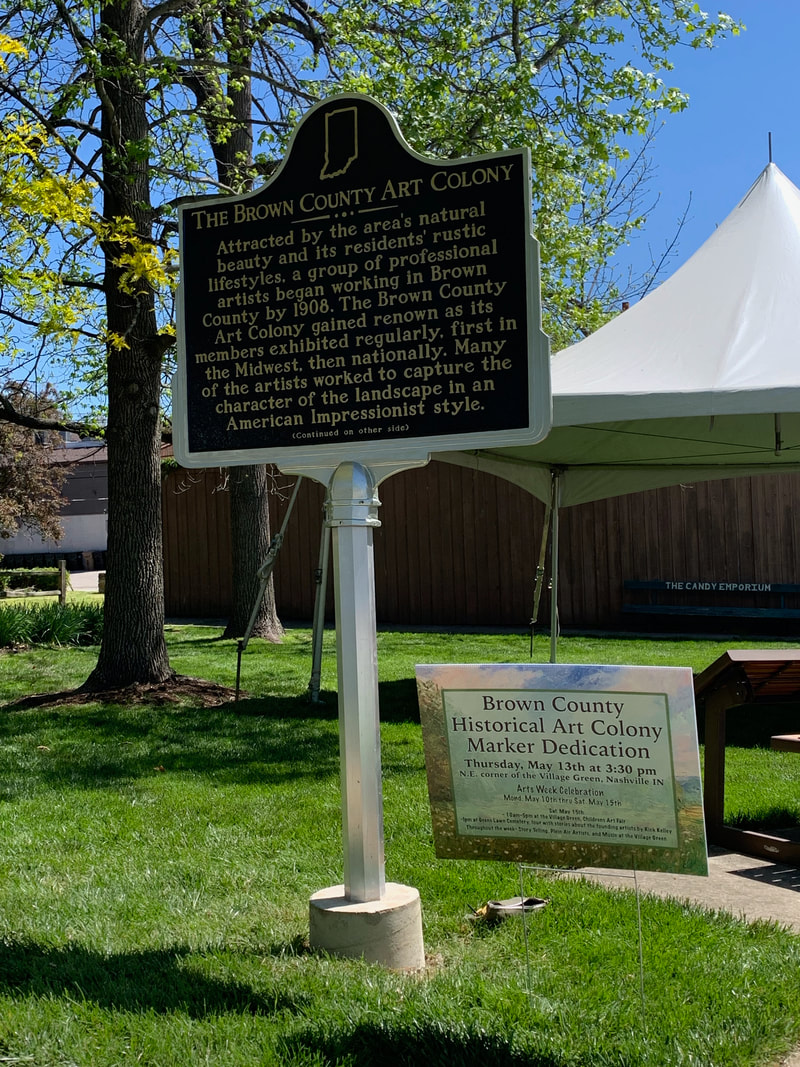
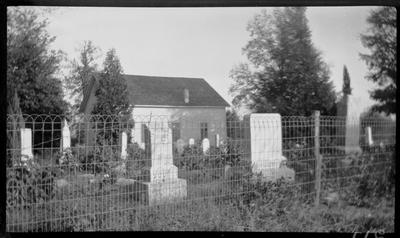
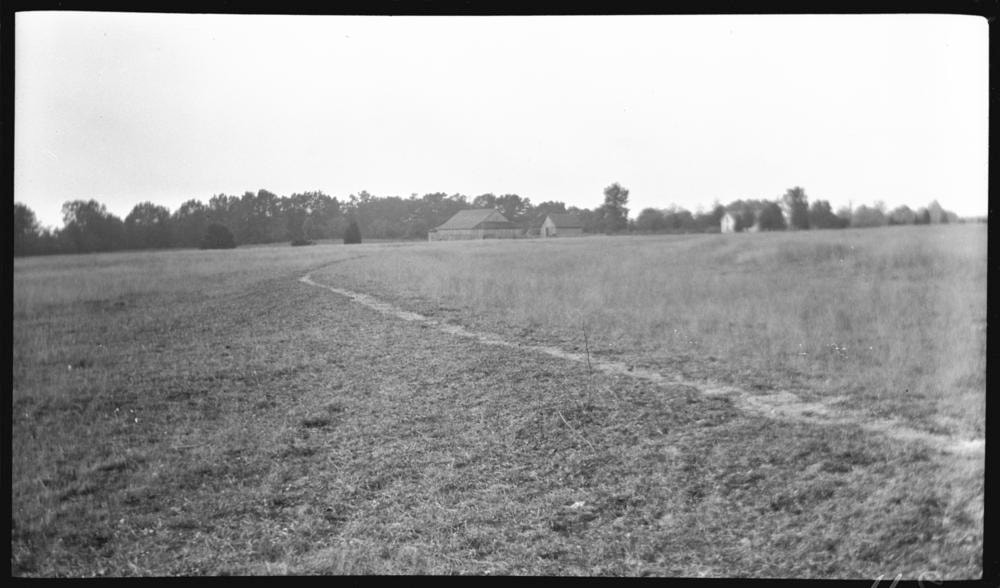
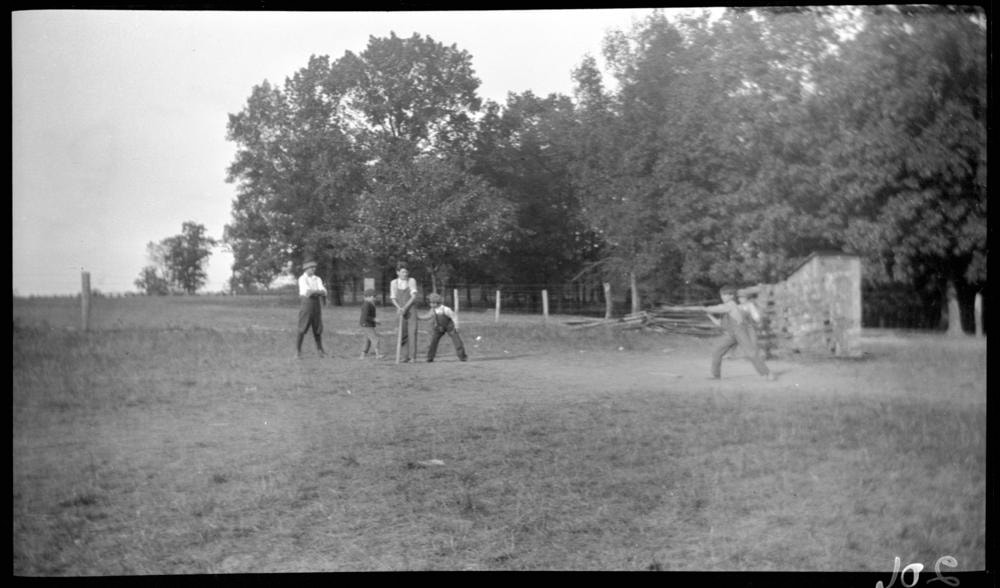
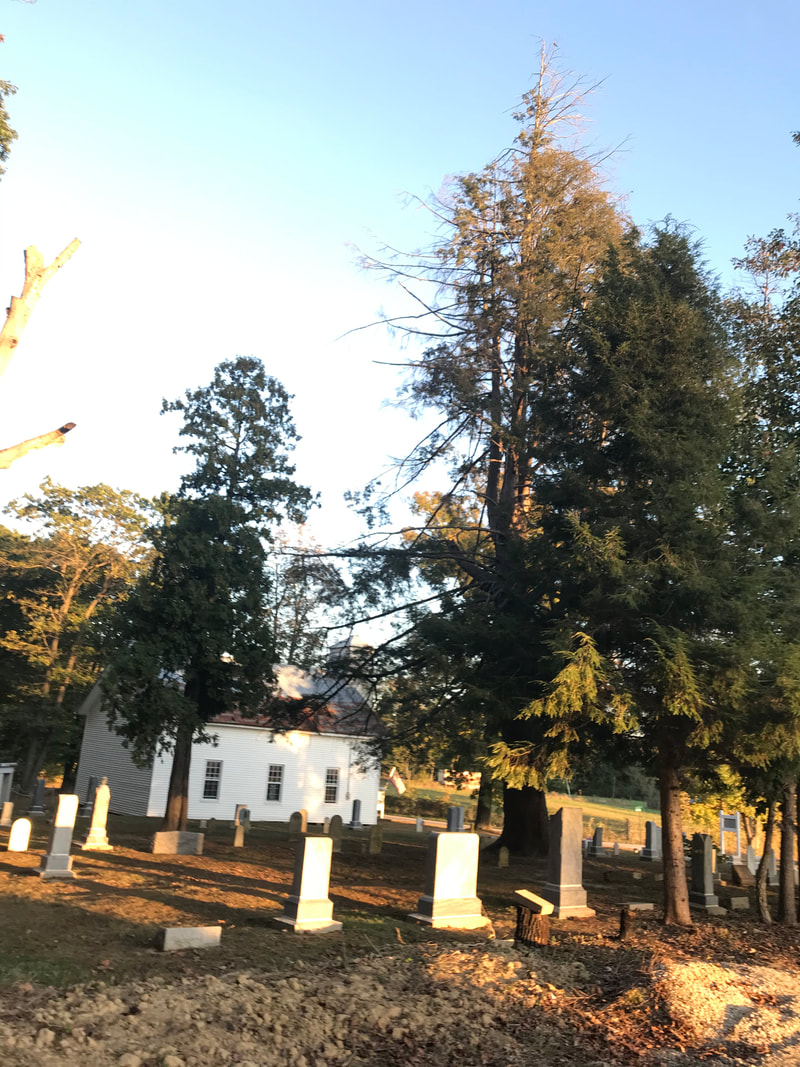

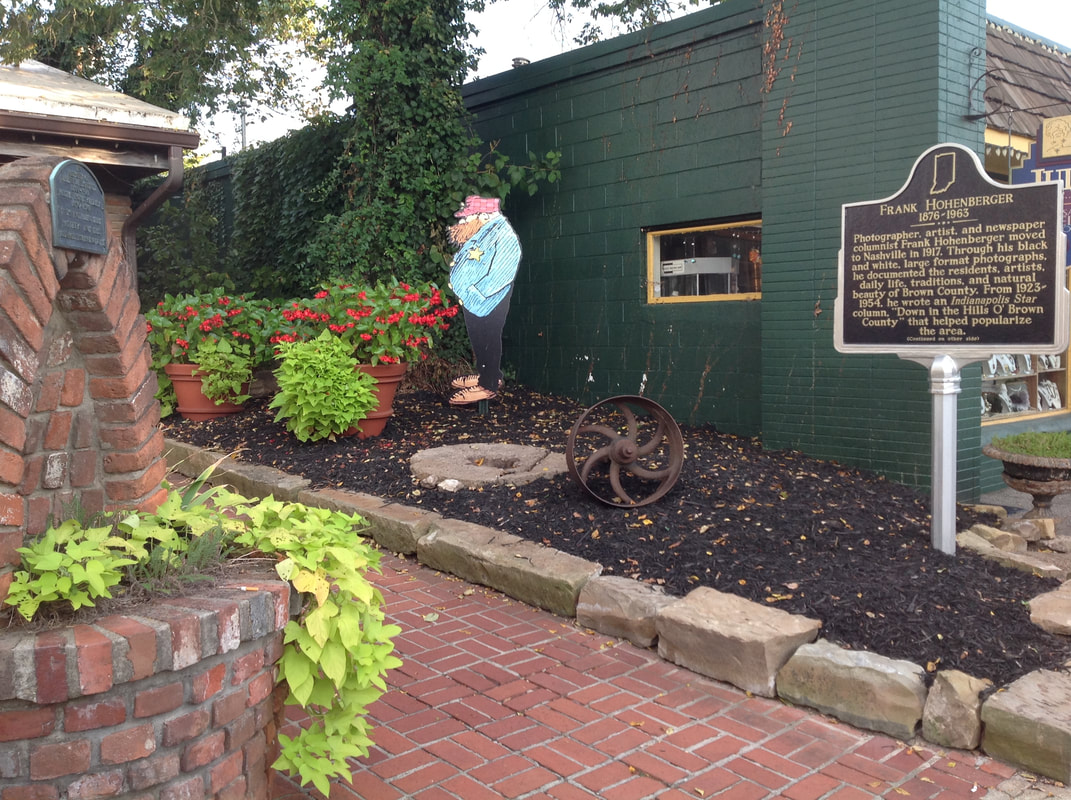
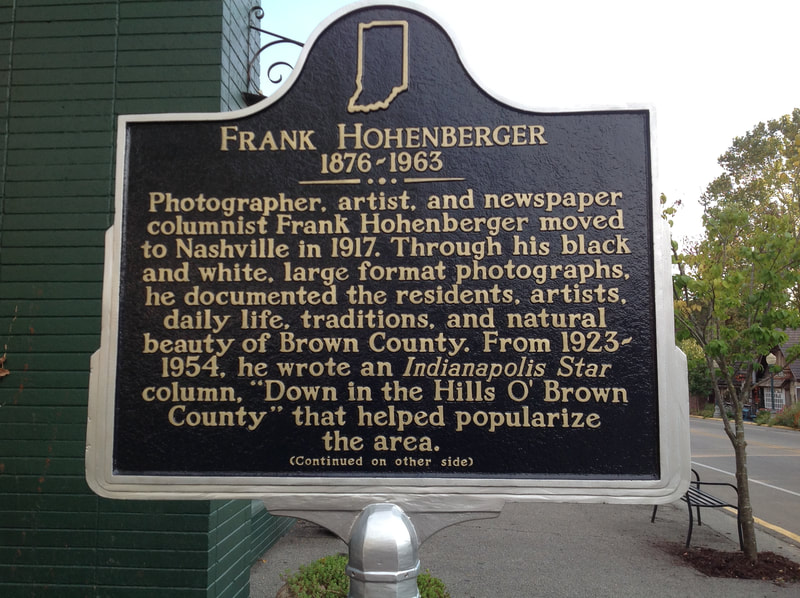
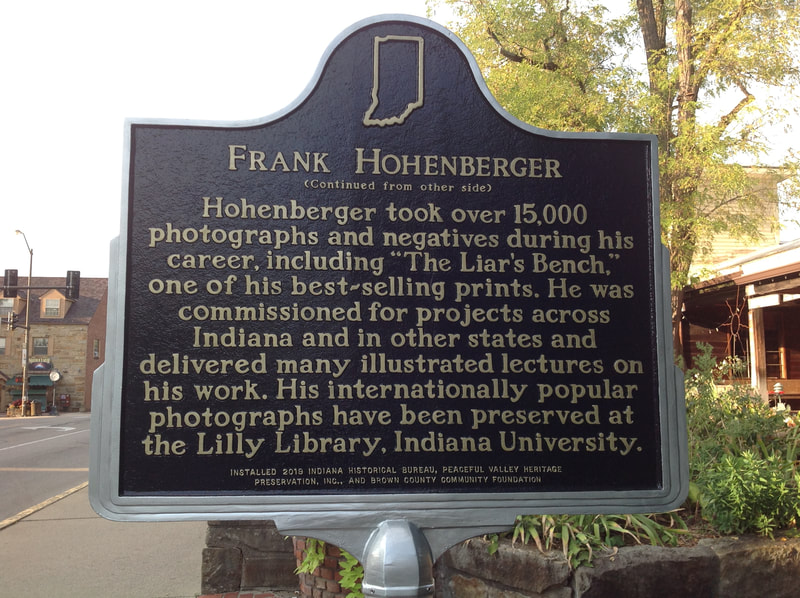
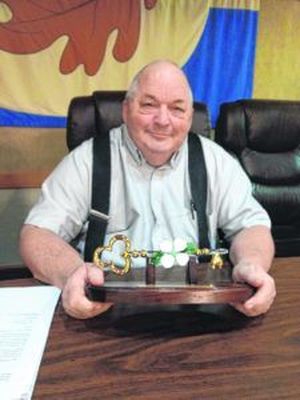
 RSS Feed
RSS Feed